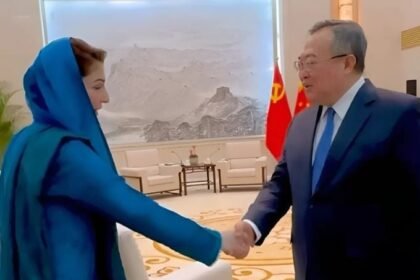Peshawar( The COW News Digital)In a major ruling on the constitutional process surrounding reserved seats in the Khyber Pakhtunkhwa Assembly, the Peshawar High Court has suspended the Election Commission of Pakistan’s (ECP) notification on the distribution of reserved seats for women and minorities. The court also barred oath-taking for these seats until a new allocation is decided.
The decision came in response to a petition filed by the Pakistan Muslim League-Nawaz (PML-N) challenging the ECP’s 2024 notification regarding the reserved seats. The two-member bench, comprising Justice Syed Arshad Ali and Justice Dr. Khurshid Iqbal, declared the previous allocation null and void and directed the ECP to rehear all relevant parties and reissue the allocation within ten days.
The court instructed that all stakeholders, including PML-N, PPP, JUI-F, ANP, and PTI Parliamentarians, be given a chance to present their cases before any final allocation. Until that process concludes, no members on the reserved seats may take the oath.
The petitioner’s counsel argued that the ECP based its earlier allocation on an incorrect count of party members. At the time of distribution, PML-N was shown with six seats, but according to the party, it had seven valid seats after independent MPA Hissam Inamullah joined them within the constitutionally mandated three-day window post-notification.
The lawyer further highlighted discrepancies in how candidate Malik Tariq Awan was counted. Although he officially joined PML-N on February 23—just one day after his notification—he was listed as an independent for women’s reserved seats and as a PML-N member for minority representation, leading to inconsistencies.
The court raised questions about how the ECP could finalize seat distribution when the overall process of party affiliations and notifications was not yet complete. The judges criticized the logic of awarding 5 reserved seats on the basis of the February 22 party position while distributing the remaining 21 seats in March.
With Senate elections approaching, the ruling could potentially delay the completion of the KP Assembly. However, the PML-N clarified that it does not wish to obstruct Senate polls but seeks constitutional fairness in seat allocation.
The case highlights growing legal scrutiny over electoral fairness and transparency in Pakistan’s evolving democratic structure.







